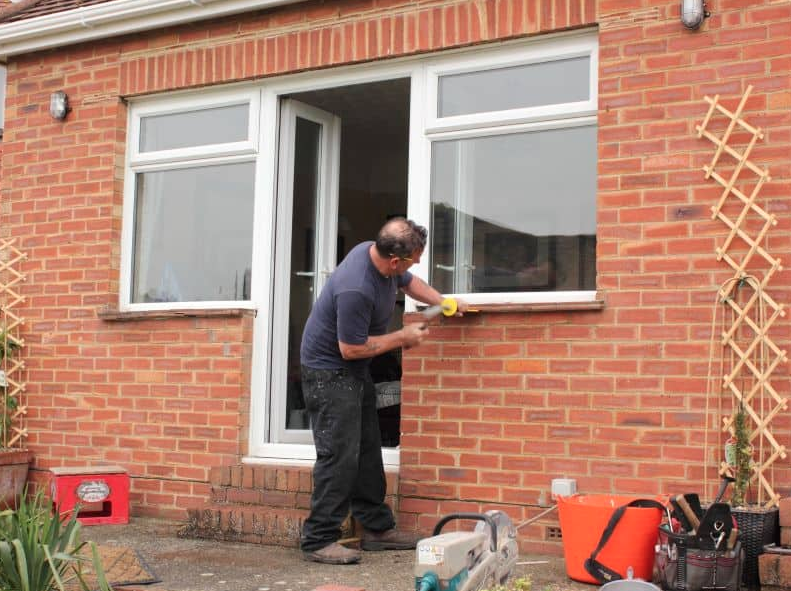
Understanding the Need for Window Replacement
As houses get older, the windows within them can become less efficient, leading to increased energy bills and decreased comfort. Old windows may have poor insulation, letting heat escape in the winter and enter in the summer. Replacing these windows can significantly improve energy efficiency and reduce utility costs.
Benefits of Window Replacement for Seniors
Window replacement offers numerous benefits for seniors, including:
1.Improved Home Comfort: New windows provide better insulation, maintaining a more consistent indoor temperature.
2.Reduced Energy Bills: Energy-efficient windows can lower heating and cooling costs.
3.Increased Home Value: Upgraded windows can enhance the aesthetic and market value of a home.
4.Enhanced Safety and Security: Newer windows often come with better locks and shatter-resistant glass.
5.Ease of Use: Modern windows are easier to open and close, which is crucial for seniors with limited mobility.
Government-Funded Programs for Window Replacement
There are several government-funded programs aimed at assisting seniors with window replacement, including:
1. Weatherization Assistance Program (WAP): Funded by the Department of Energy, WAP provides free weatherization services, including window replacement, to low-income households, with priority given to seniors.
2. Community Development Block Grant (CDBG) Program: This program offers grants to local governments for community development projects, including home repairs for seniors.
3. Low Income Home Energy Assistance Program (LIHEAP): While primarily for heating and cooling expenses, LIHEAP sometimes covers home improvements like window replacements.
How to Qualify for These Programs
Eligibility for these programs typically depends on income, age, and residence location. Seniors need to provide proof of income and age, and sometimes a home energy audit is required to assess the need for window replacement.
Navigating the Application Process
Applying for government-funded window replacement programs can be daunting. Seniors should:
1.Contact local agencies that administer these programs.
2.Fill out necessary application forms.
3.Provide required documentation like income proof and ID.
4.Cooperate with home assessments if needed.
Alternative Financing Options
For those who may not qualify for government-funded programs, other financing options include:
1.Home Improvement Loans: Some banks and financial institutions offer loans specifically for home improvements.
2.Incentives from Utility Companies: Some utility companies offer rebates for energy-efficient window replacements.
The Role of Contractors in Window Replacement
Choosing the right contractor is crucial. Seniors should look for licensed, experienced, and reputable contractors. It’s advisable to get multiple quotes and check references before making a decision.
Energy-Efficient Windows: What to Look For
When selecting new windows, seniors should consider:
1.Energy Star Ratings: Windows with a high Energy Star rating offer better energy efficiency.
2.Double or Triple Pane Glass: These provide better insulation than single-pane windows.
3.Low-E Coating: This coating reflects infrared light, keeping heat inside in winter and outside in summer.
Maintenance and Care of New Windows
After installation, proper maintenance is key to ensuring the longevity and efficiency of new windows. Simple steps like regular cleaning, checking for drafts, and timely repairs can keep windows in top condition.
The Environmental Impact of Window Replacement
Upgrading to energy-efficient windows also has a positive environmental impact, as it reduces the carbon footprint and conserves energy.
Feedback from Seniors Who Have Benefited
Many seniors have reported high satisfaction with these window replacement programs. They’ve experienced improved comfort, lower energy bills, and a sense of security in their homes.
